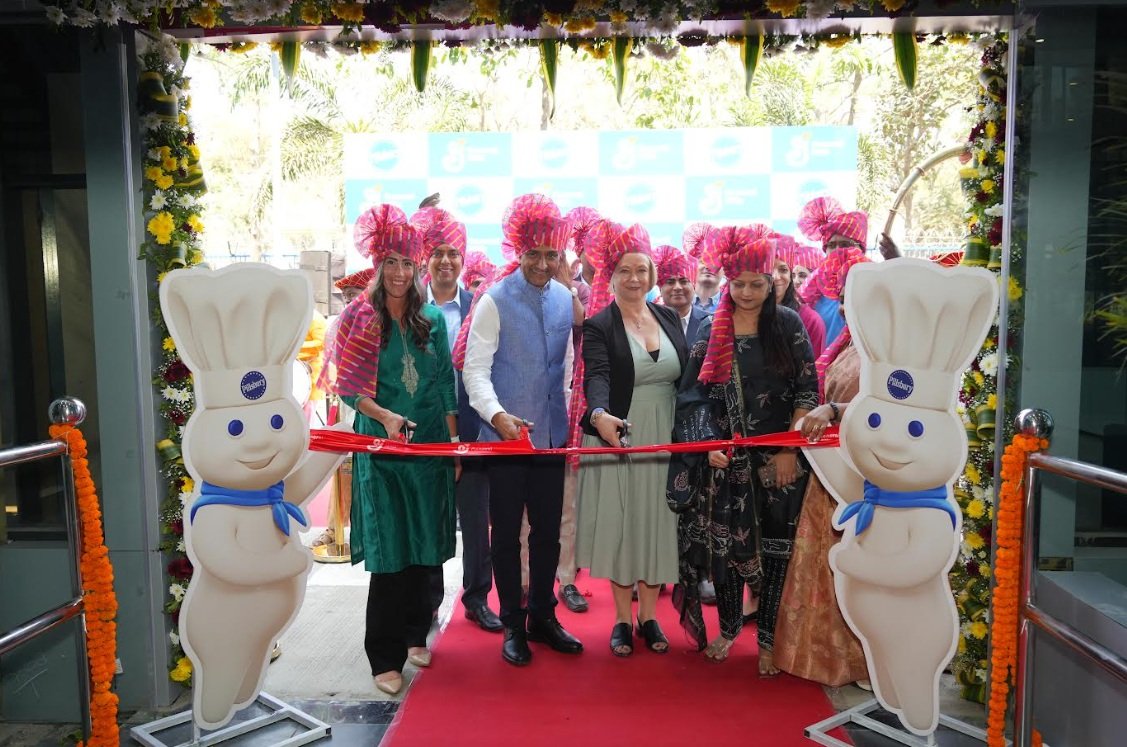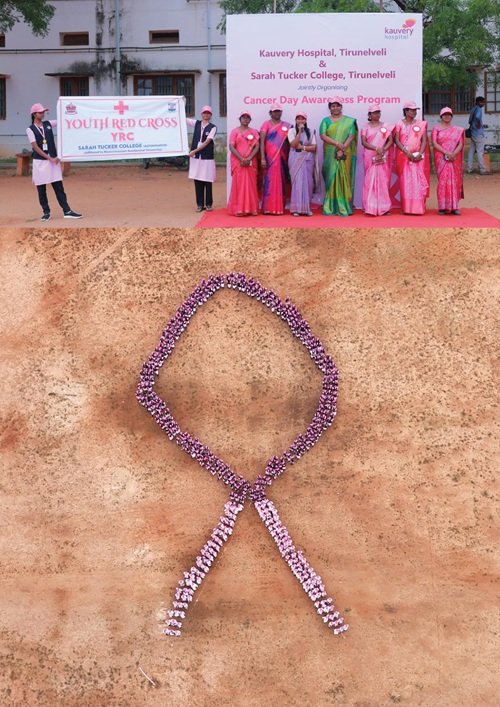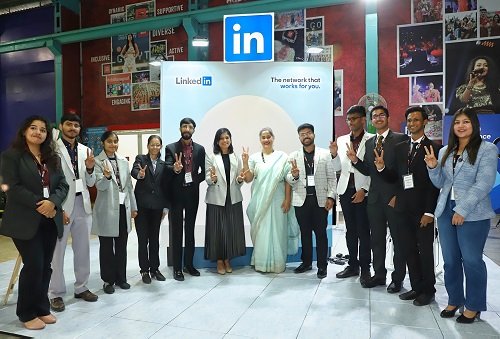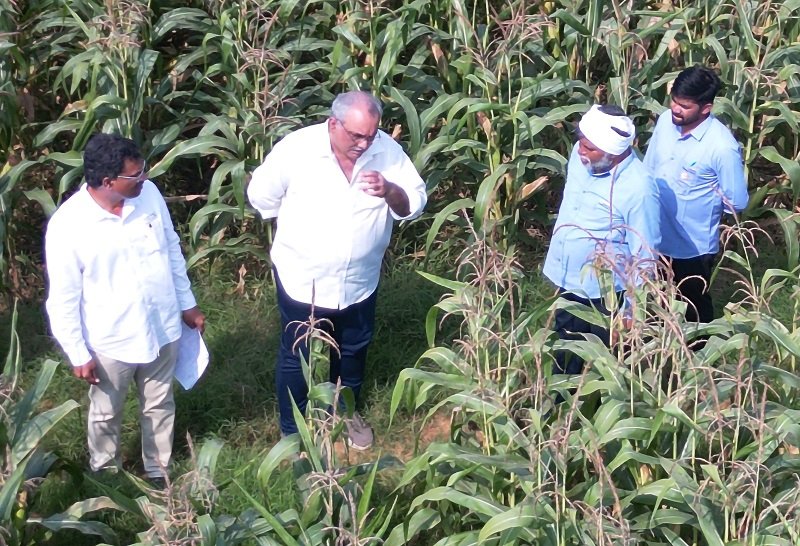No products in the cart.
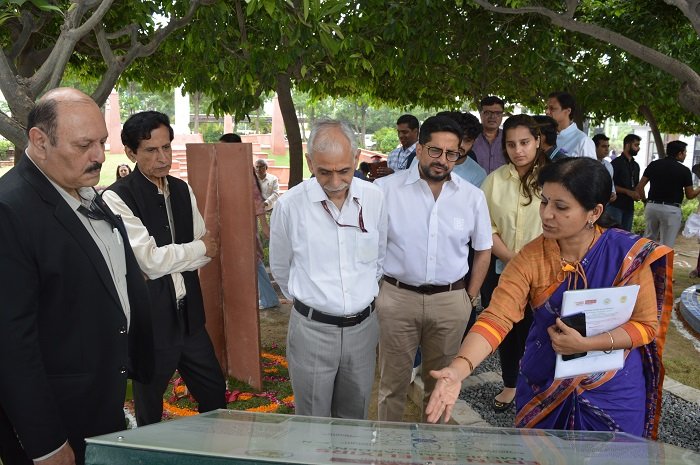
Dr. Mahesh Kumar Dadhich, Chief Executive Officer of the National Medicinal Plants Board (NMPB), Ministry of AYUSH, Government of India, delivered a compelling message to young researchers and students regarding the critical importance of preserving medicinal plant heritage:
“Every vegetable and fruit we consume has medicinal value. If we do not conserve medicinal plants today, we may compromise our health and nutrition tomorrow. Our body is natural, and nature provides the natural substances necessary to sustain it.”
 |
Preserving plant heritage for community well-being
Speaking at Manav Rachna International Institute of Research and Studies (MRIIRS) at the inauguration of the Medicinal Garden ‘Eden of Elixirs’, he stressed the urgency of conservation and encouraged community participation to safeguard these vital natural resources for future generations. This unique garden is established by the Manav Rachna Centre for Medicinal Plant Pathology (MRCMPP) with support from the National Medicinal Plants Board (NMPB), Ministry of AYUSH, Government of India.
Dr. Nidhi Didwania, Director, MRCMPP and Principal Investigator of the project, further emphasized the educational significance of the garden:
“Eden of Elixirs is not just a medicinal garden, but it is a shining example of the values of student centricity, inclusivity, excellence, and integrity because students are a part of this journey throughout. It’s a living lab where students, researchers, and communities connect with nature, explore bioactive compounds, and contribute to the global conversation on sustainable healthcare.“
The garden features over 130 species of medicinal and aromatic plants including Ashwagandha, Brahmi, different varieties of Tulsi, Gudmar, Giloy, Vach, and more. Inspired by Charak Samhita, the garden is designed in the shape of a flower with eight petals, each systematically representing different systems of the human body such as oral health, digestive health, and cancer care. The center of the flower houses a pond with a Blue Water Lily (Neel Kamal), enhancing the gardens aesthetic appeal and biodiversity.
MRCMPP is taking significant strides in sustainable development by utilizing the Institutional Medicinal Garden for developing innovative herbal products and propagating the use of medicinal plants. MRCMPP will be providing high-quality planting material (QPM) of medicinal plants to local farmers to empower rural communities by promoting sustainable livelihoods through medicinal plant cultivation, especially in marginal and waterlogged areas.
Dr. Dadhich praised community-driven initiatives like the Eden of Elixirs, advocating for replication of such approaches in schools and community centers nationwide. He also underscored future plans to establish similar herbal gardens in 700 schools under government initiatives, supporting nutrition security through programs like “Poshan Vatika.” This occasion also marked the launch of “A Comprehensive Book on Medicinal Plants,” edited by Dr. Nidhi Didwania and Dr. Jeetendra Kumar, NMPB, Ministry of AYUSH, Government of India and developed through collective expertise and extensive student engagement.
The event reaffirmed MRIIRS’s dedication to the United Nations Sustainable Development Goals, notably SDG 2 (Zero Hunger), SDG 3 (Good Health and Well-being), SDG 13 (Climate Action), and SDG 15 (Life on Land).



